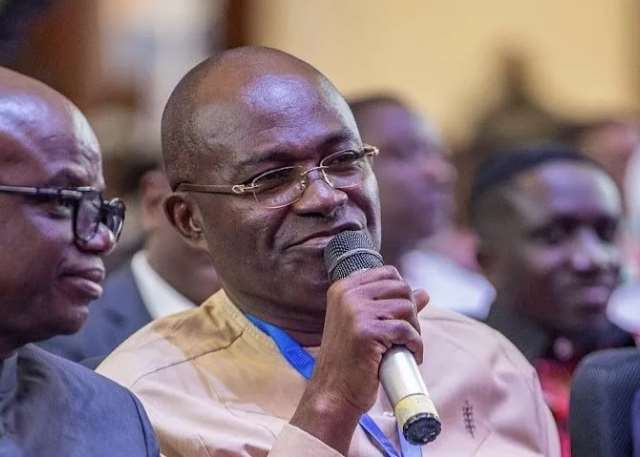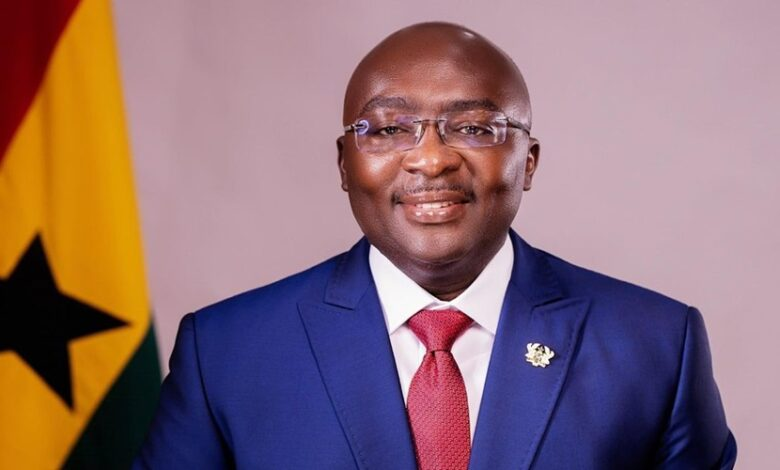Leadership Under Fire: Ken Agyapong Slams Reliance on IMF and World Bank

Kennedy Agyapong: Reliance on IMF, World Bank Reflects Leadership Failure
Aspiring flagbearer of the New Patriotic Party (NPP), Kennedy Agyapong, has strongly criticized Ghanaian leaders who resort to the International Monetary Fund (IMF) and the World Bank for financial assistance, describing it as a sign of failed leadership.
Speaking on Spear FM during his campaign tour in the Savannah Region, the businessman and former Member of Parliament for Assin Central emphasized that Ghana possesses enough natural and human resources to address its economic challenges without relying on external financial institutions.
“Anytime you go to the IMF for loans, it means you have failed your people. If you go to the World Bank for loans, you have failed your people,” he stated.
Agyapong argued that the solution to Ghana’s economic problems lies in home-grown strategies, particularly through massive investment in agriculture. He believes this sector holds the key to tackling unemployment and driving sustainable economic growth.
“If we can solve unemployment problems, then we don’t need people who think they are highly educated and believe going to the IMF and World Bank is the answer,” he said.
As part of his vision for the northern part of Ghana, Agyapong revealed plans to relocate the Ministry of Agriculture to Tamale, the regional capital of the Northern Region. He described the city as strategically positioned for agribusiness and export.
“We can use the lands here for agriculture and the entire value chain of agro-processing. From Tamale, we can export fresh produce directly to the European market. It takes about five hours to London. By the time the British wake up, our pineapples, carrots, and vegetables will be on their shelves,” he explained.
He also hinted at the possibility of moving another key ministry to the North, as part of his decentralization and regional development agenda.
According to Agyapong, these initiatives will help Ghana become more self-reliant and break its dependency on the IMF and World Bank for economic support.


